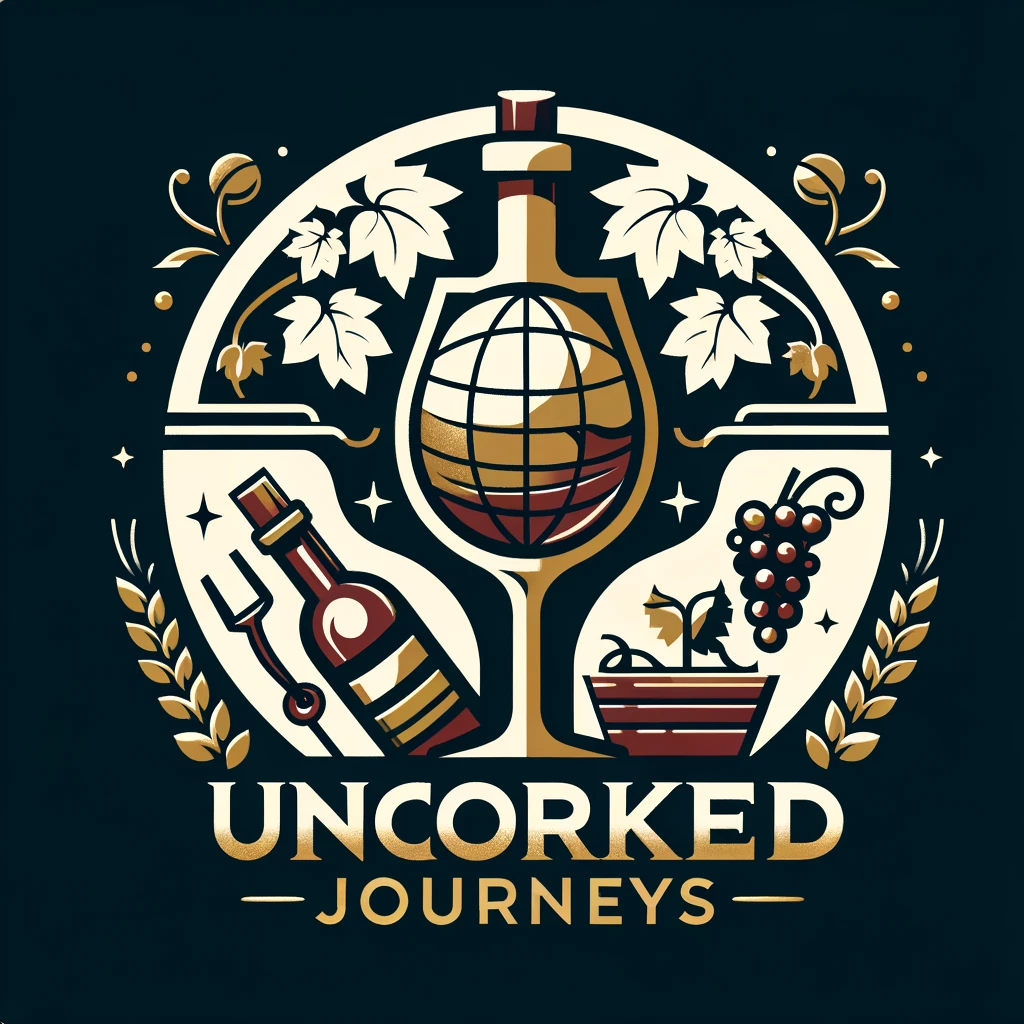Alsace
Alsace, located in northeastern France along the German border, is a region steeped in wine culture and traditions that reflect its unique geographical and historical influences. Known for its picturesque vineyards that stretch across rolling hills and quaint villages, Alsace is one of France's most distinctive wine regions. The region’s history is intertwined with both French and German influences, resulting in a unique blend of wine-making techniques and styles that have been refined over centuries. Alsace is particularly renowned for its white wines, which account for the majority of its production and showcase the incredible diversity and complexity of its terroir.
The history of wine-making in Alsace dates back to Roman times, when the first vineyards were established. Over the centuries, viticulture in the region has evolved, surviving periods of war, shifting borders, and phylloxera infestations. The region gained particular prominence during the Middle Ages, when its wines were highly sought after across Europe. Today, Alsace boasts a unique appellation system that emphasizes varietal labeling, allowing wine enthusiasts to easily identify the grape used in each bottle. This approach is unusual in France and reflects Alsace's commitment to transparency and quality in its wine production.
Alsace is celebrated for its aromatic white wines, with Riesling, Gewürztraminer, and Pinot Gris being among the most noteworthy varieties. Riesling from Alsace is dry, crisp, and minerally, often regarded as one of the finest expressions of the grape in the world. Gewürztraminer, on the other hand, is intensely aromatic, with notes of lychee, rose petals, and exotic spices, making it a favorite for pairing with bold and spicy cuisines. Pinot Gris offers a luscious and full-bodied alternative, with flavors ranging from honeyed fruits to smoky undertones, adding to the region’s reputation for producing wines of great character and versatility.
The soils of Alsace play a pivotal role in shaping the distinctive flavors of its wines. The region boasts an extraordinary diversity of soil types, including limestone, granite, marl, and volcanic soils, each imparting unique characteristics to the grapes. For example, wines grown on granite soils often exhibit pronounced minerality and elegance, while those from limestone-rich areas are noted for their structure and longevity. This intricate interplay of soil types, combined with Alsace's cool continental climate and the sheltering effect of the Vosges Mountains, creates ideal conditions for slow grape ripening. This extended ripening period allows the grapes to develop intense aromas and flavors while maintaining their vibrant acidity.
One of the fascinating aspects of Alsace’s wine culture is the region’s dedication to tradition and quality. Many wine producers in Alsace have embraced organic and biodynamic farming practices, striving to preserve the natural harmony of their vineyards. Additionally, the region’s use of tall, slender bottles known as 'flûtes d’Alsace' reflects its deep-rooted wine-making heritage. The Alsace Wine Route, a scenic trail that winds through the region’s charming villages and vineyards, further highlights the integral role that wine plays in the cultural and social fabric of the area. Visitors along this route can experience firsthand the passion and craftsmanship of the local wine-makers.
Alsace’s wines are not only celebrated for their quality but also for their ability to reflect the region’s unique identity. The fusion of French and German influences is evident not only in the wine styles but also in the cuisine, festivals, and traditions associated with wine. Events such as the annual wine harvest festivals bring communities together to celebrate the fruits of their labor, showcasing the enduring connection between Alsace’s people and their vineyards. This harmonious blend of tradition, innovation, and natural beauty ensures that Alsace remains one of the world’s most enchanting and respected wine regions.
